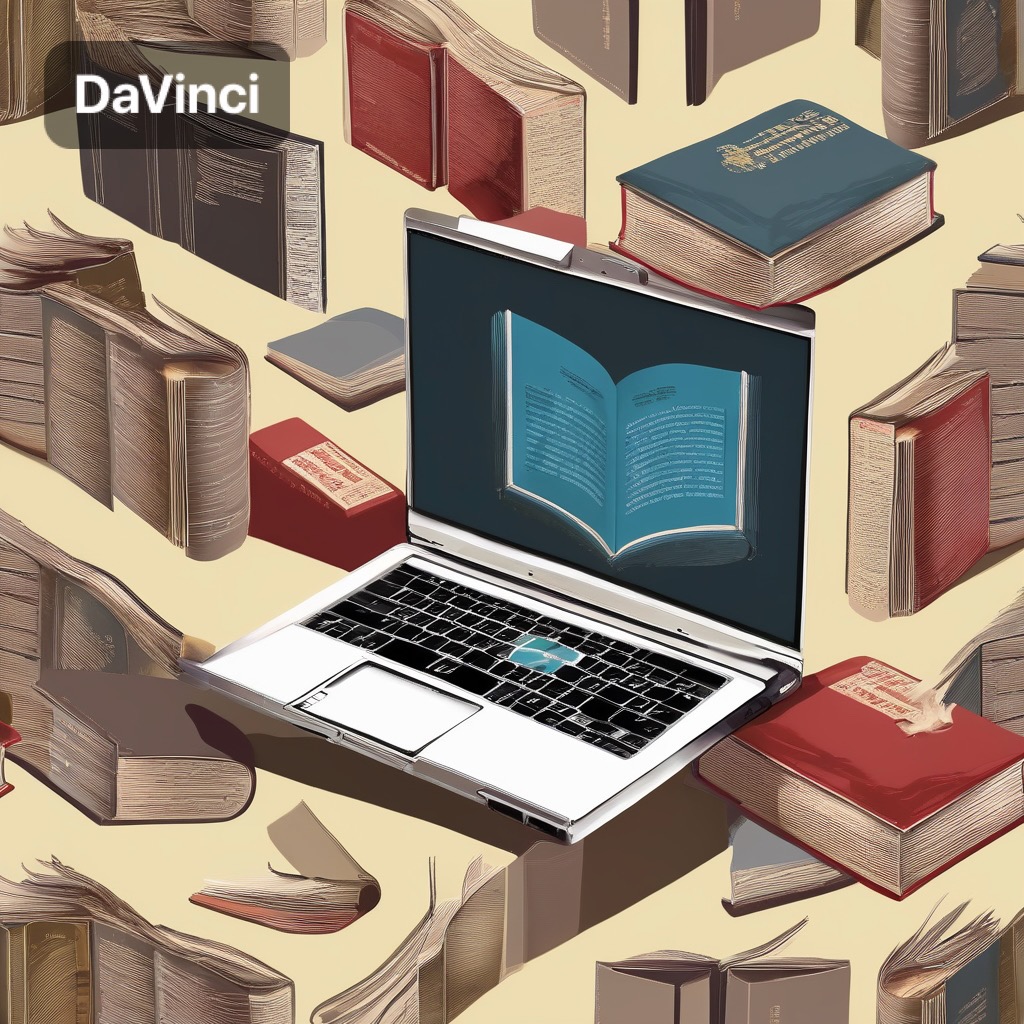How Our Minds Extend Beyond the Boundaries of the Brain
The way we think and process information has undergone a remarkable transformation in recent years. Advancements in technology, particularly the rise of the internet, have revolutionised the access and availability of knowledge. Students and knowledge workers now have the ability to search for information anytime and anywhere. The internet has made it possible to gather information without the need for physical libraries or manual note-taking. However, along with the benefits of this information revolution come challenges. Too much information and scattered knowledge on different platforms make it hard to learn and remember. This article explores how our minds go beyond the brain. We’ll also share strategies to manage and organise our thoughts. These tips can boost our learning and creativity.
The Extended Mind Hypothesis
The traditional belief that cognition is confined to the brain is being challenged by the extended mind hypothesis put forth by philosophers Clark and Chalmers. According to this hypothesis, our minds utilise the environment and external tools as an integral part of the cognitive process. The mind is not limited to the neural activity within the brain but extends into the physical world. This concept suggests that our cognitive processes are not solely reliant on internal brain functions but are influenced by external factors and resources.
Thinking Outside the Brain: The Power of Externalism
Thinking outside the brain involves skilfully engaging entities external to our heads and drawing them into our mental processes. Annie Murphy Paul, in her book “The Extended Mind: The Power of Thinking Outside the Brain,” explores the idea of using the world to think. She highlights how our interactions with the physical spaces we learn and work in, the movements of our bodies, and the minds of others around us contribute to our cognitive processes. By reaching beyond the brain and utilising these “extra-neural” resources, we can focus more intently, comprehend more deeply, and create more imaginatively.
The Role of Cognitive Tools in Extending Cognition
Cognitive tools play a crucial role in extending our cognition beyond the boundaries of the brain. These tools aid in the collection, organisation, and management of knowledge. They allow us to capture information from various sources, make connections between ideas, and access knowledge when needed. Digital note-taking apps, e-readers, cloud storage services, and collaborative workspaces are cognitive tools. They improve how we learn and manage knowledge.
Challenges of Information Overload and Scattered Knowledge
While the abundance of information available through technology is beneficial, it also presents challenges. Information overload can overwhelm learners, making it difficult to identify and consume relevant content. Also, scattered knowledge on different platforms and tools causes inefficiencies and slows down learning. Students and knowledge workers often find it hard to manage many apps and keep their notes organised. This leads to scattered knowledge and lower productivity.
Creating a Personal Knowledge Management System
To tackle the problems of information overload and scattered knowledge, people can create a personal knowledge management system. Such a system involves capturing, organising, and leveraging knowledge effectively. It goes beyond simply storing information and aims to facilitate meaningful connections between ideas and promote active learning.
Level 1: Storing Information
At the foundational level, individuals focus on storing information efficiently. This includes using software programmes and apps to receive, edit, and send information. Organising files using default structures and taking notes on smartphones or mobile devices are common practices at this level.
Level 2: Managing Knowledge
As individuals progress to the next level, they move beyond basic information storage and begin to capture and manage knowledge. This level is about capturing ideas, lessons learned, quotes, and connections. It also includes personal reflections. Digital note-taking becomes a significant part of daily life, and individuals actively curate their personal libraries of knowledge.
Level 3: Enabling Action
At this level, individuals shift their focus from ideas to action. They leverage their knowledge to make tangible improvements in various aspects of their lives and work. Selectivity in information consumption becomes crucial, as individuals prioritise high-quality, relevant content. They use their knowledge management system to tackle more ambitious projects and become more productive and creative.
Level 4: Personal Knowledge Mastery
The final level, personal knowledge mastery, is an ongoing journey without a definitive end. Individuals at this level have developed a system that seamlessly integrates all aspects of their cognitive processes. They leverage their knowledge to create powerful artefacts and make a significant impact in their fields. Continuous learning, mastery of new skills, and self-reflection are key elements at this level.
Augmenting Human Cognition with Digital Brains
To augment human cognition and overcome the challenges of information overload, the concept of digital brains emerges. A digital brain is a centralised, distraction-free environment that integrates various functions and tools into one cohesive system. It leverages artificial intelligence to facilitate knowledge collection, organisation, visualisation, and learning. Digital brains help improve thinking and learning. They do this by linking what we already know with new information.
Conclusion
Our minds extend beyond the boundaries of the brain, utilising external resources and tools to enhance cognitive processes. Thinking outside the brain and using cognitive tools can help us tackle information overload and scattered knowledge. Creating a personal knowledge management system and using digital tools can boost our learning, creativity, and productivity. As technology evolves, we must adapt our thinking. We should embrace the chances for growth and new ideas beyond our brains.

